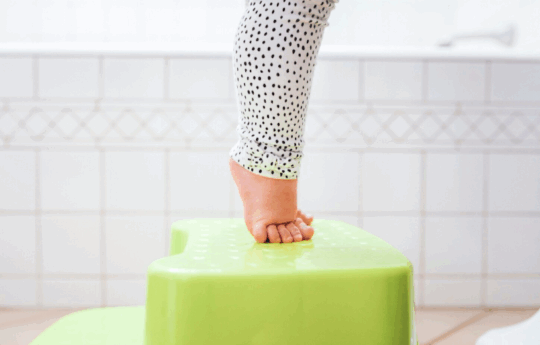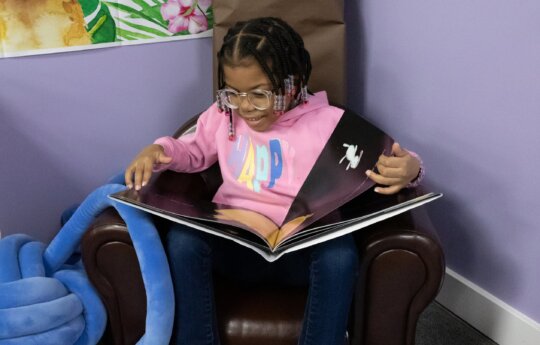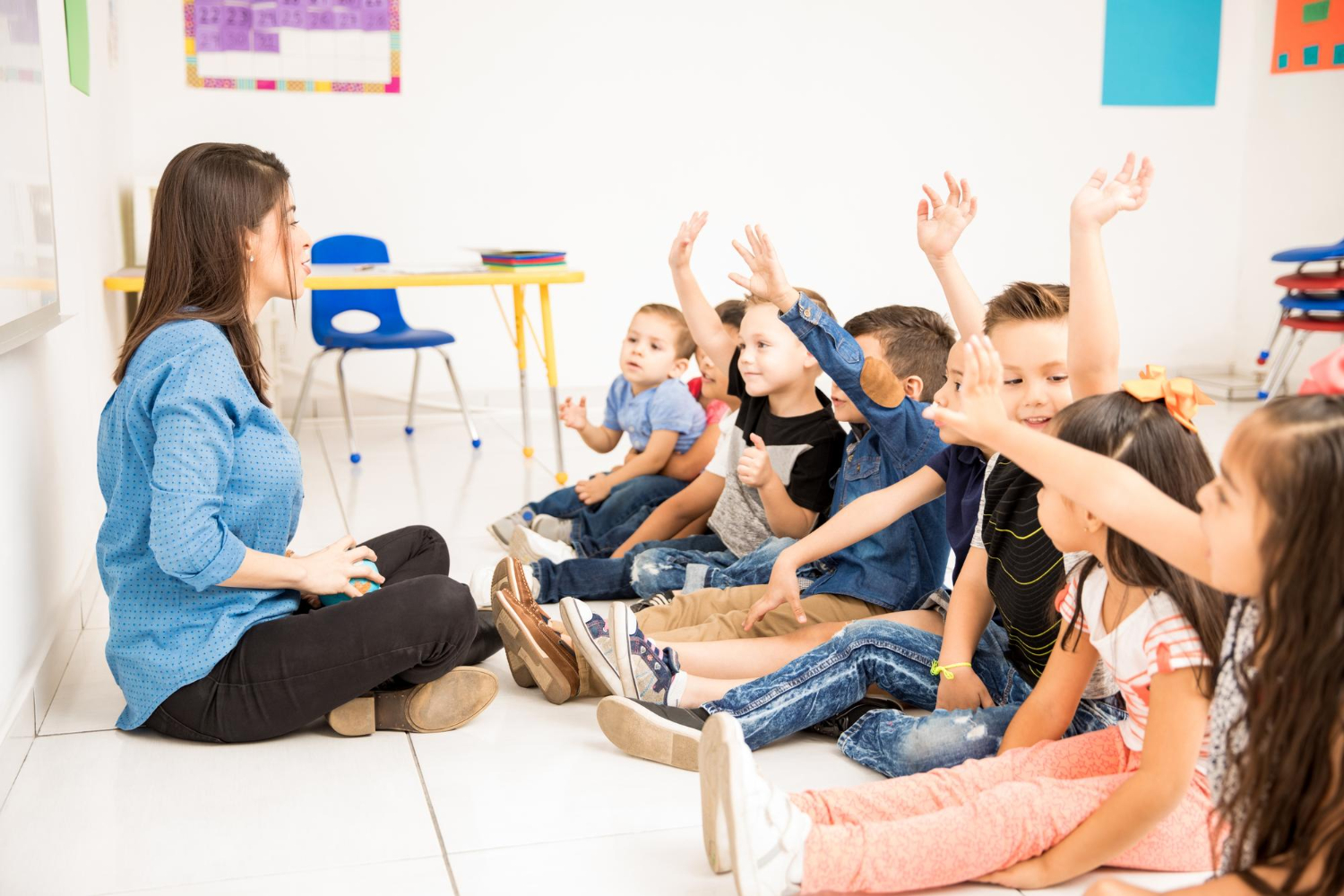
For both you and your child, the first day of preschool is a significant milestone that is accompanied by anticipation, joy, and maybe a little bit of nervousness. It’s normal for parents to want to make sure their child has a good first experience with formal education. You can facilitate your child’s seamless transition into this new phase of their life by being well-prepared. This resource will assist you in getting your child ready for preschool.
This post explains the first day of preschool ideas for parents and offers advice on how to ease the adjustment. Find out more about preschool-related topics at the Learning Center.
Why the First Day Matters
Children get the opportunity to meet new classmates, create early ties, make friends, and hone their social skills on the first day of preschool. It’s a critical step in promoting social inclusion and establishing peer relationships. This is true for students who struggle with anxiety in social situations. Being on the same “first day” as all the other students fosters camaraderie and makes kids feel less isolated and less afraid of their worries.
A very important collaboration between you and the school is established when your child attends on the first day. It not only creates open channels of communication to exchange critical information about the child’s strengths, difficulties, and coping mechanisms, but it also demonstrates to teachers your commitment to your child’s education.
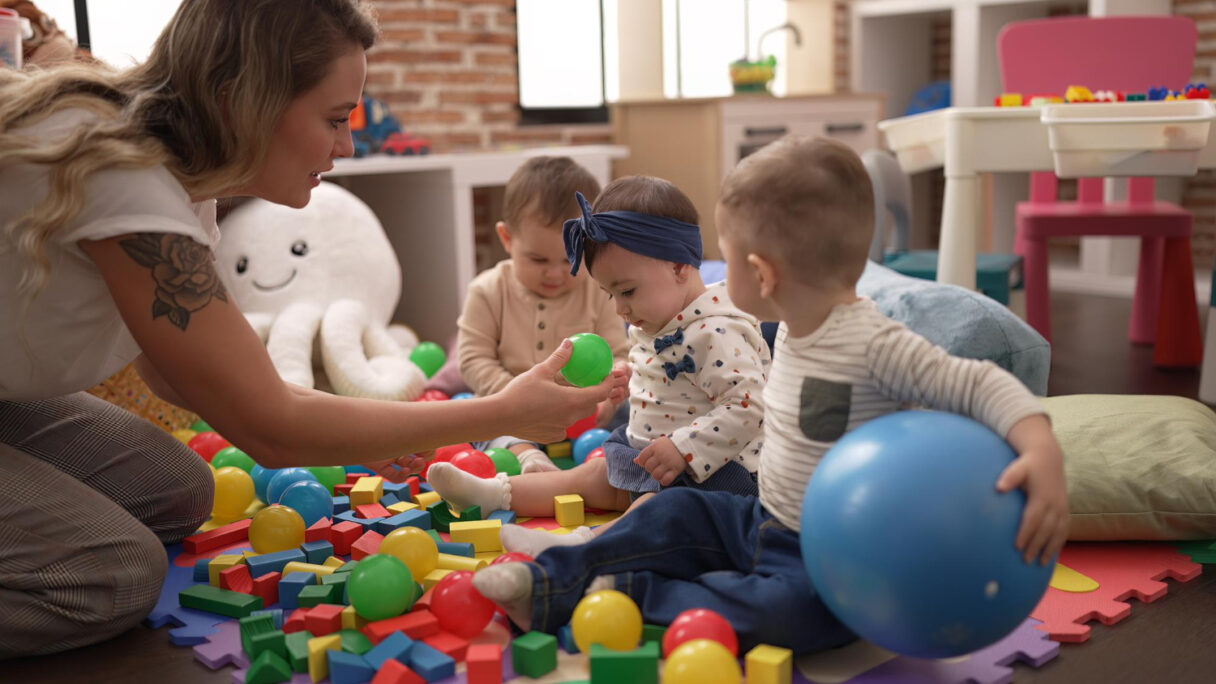
The Week Before
When it comes to entering preschool, your child is most likely experiencing both excitement and anxiety. Getting your child ready in the weeks and months leading up to the first day will help ease any conflicting emotions. These are some pointers.
Visit the preschool
Orientation visits are offered by many preschools. Children can see and experience what they will do at preschool, who they will meet, and what goes on during the day during these visits. You might show your child the preschool before they start by taking some pictures with permission. You can take home an orientation or preparation book from certain preschools.
Talk about preschool
You can discuss the activities your child will participate in at preschool. For instance, “Remember when we saw blocks at preschool, Stella?” Like you do at home, you can construct with them.
You might view pictures of the preschool with your child or even watch videos of kids enjoying themselves there. Together, you could then discuss the enjoyable activities the kids are engaging in as well as aspects of the playground and restrooms that are similar to or different from those at home.
Additionally, it can be a good idea to keep things low key. Your youngster may become more nervous if you ask them questions like, “Isn’t it exciting that you’re starting preschool?” because it seems like a huge deal. As another cue for you we have Show & Tell ideas.
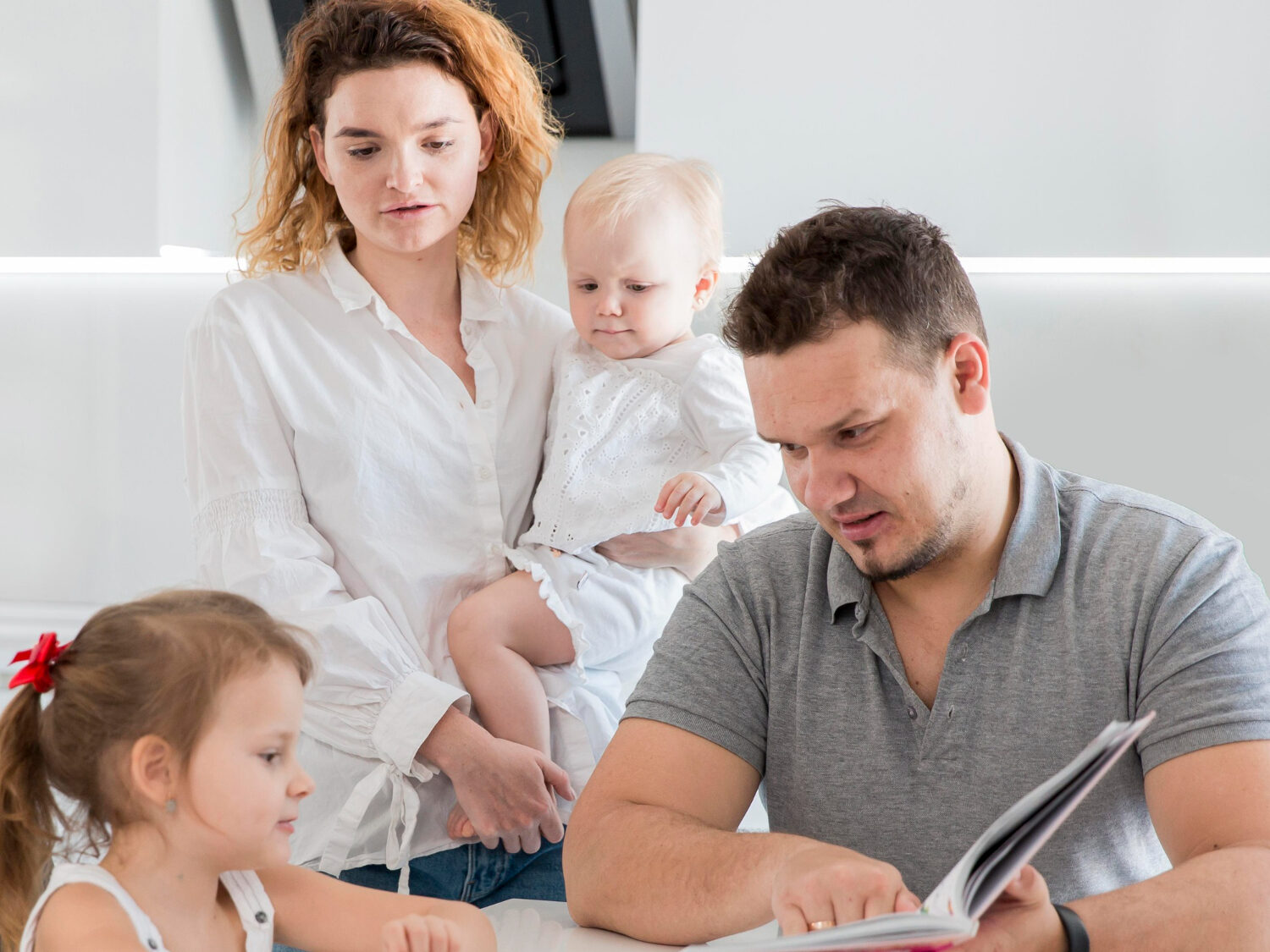
First Day “Quick” Rewards
During the first few days and weeks of preschool, you and your kid can benefit from these tactics and advice.
Start gradually
In the early days, a lot of preschools ask parents to stay for a time. Create a strategy that benefits you, your kid, and the preschool by consulting with the early childhood educator. To avoid a surprise when you depart, it’s a good idea to let your youngster know how long you plan to stay.
Have a routine for preschool mornings
Your youngster can feel safer and more secure when routines are followed, especially when new things are happening. A comprehensive preschool morning routine could include things like getting up, eating breakfast, brushing your teeth, getting outfit prep, applying sunscreen, packing a lunchbox, and leaving. You might even create a chart that illustrates the many processes in your program using visual schedules.
Have a goodbye routine
Tell your child you’ll pick them up at the end of the session and say goodbye so they know you’re leaving. You could decide on an activity to undertake before you leave or a unique location to say farewell. For instance, “Which book will we read before I leave?” or “I’ll be able to see you if you wave to me from that window.”
When you say goodbye, make sure your youngster is listening, then say it once and go. Both you and your child may experience overstimulation when saying goodbye frequently.
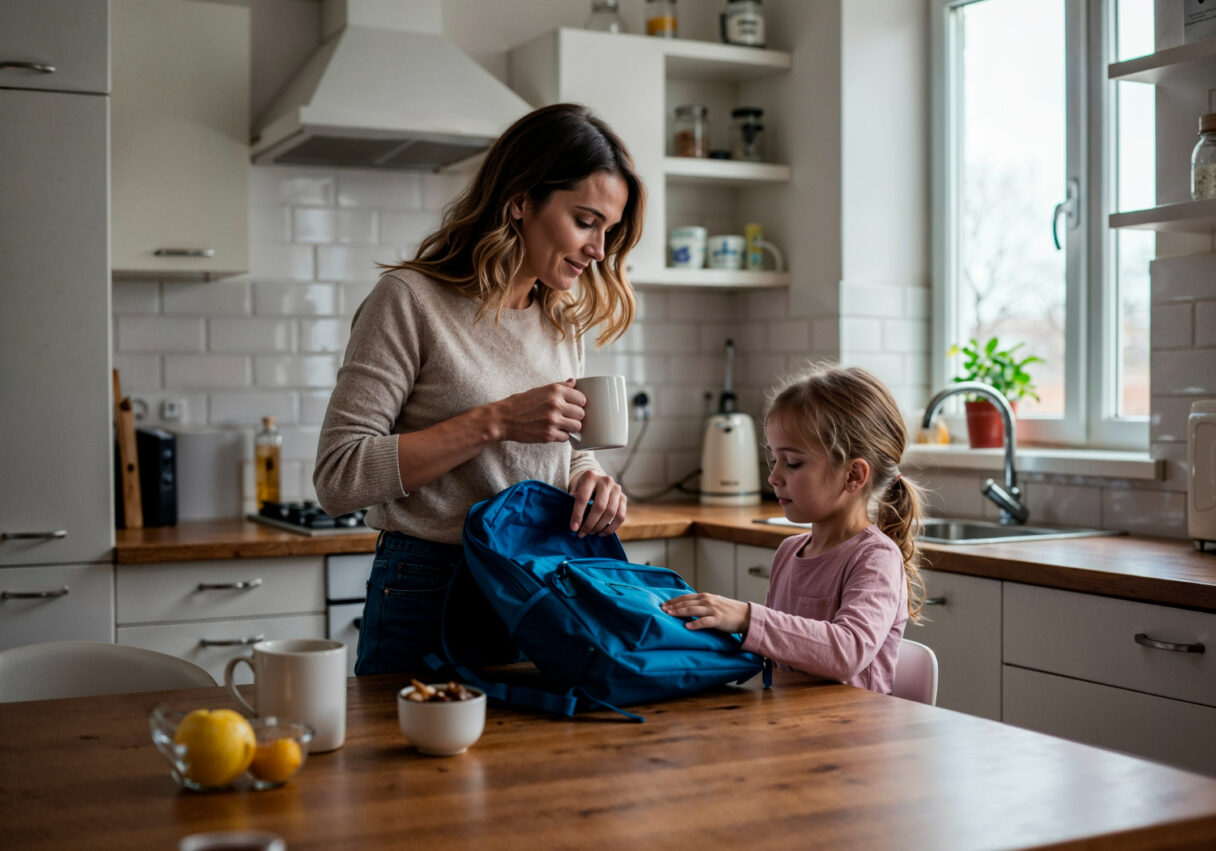
Communicate with the teachers
Meet the teacher! Seeing warm, upbeat, and cordial relationships with significant others in their lives, such as their parents and teachers, gives them confidence.
Maintaining open lines of communication with your child’s teacher also makes it easier for you to give pertinent information so the teacher can respond to your child in the most effective way. For instance, you could share with the instructor your child’s favorite songs or books, grandparents who are coming from abroad, or basic terms in the language your family uses at home.
Celebrate your child’s achievements
Significant accomplishments for your child include joining a new group, making new friends, experiencing a new setting, and picking up new skills. Celebrating with your child can help them gain confidence.
Give your child praise, for instance, when they attempt something new or introduce themselves to others. Another option is to urge your youngster to phone a family member to share their preschool accomplishments.
Have back-up collection plans
Preschool classes frequently end at a set time. It’s crucial that you show up if you tell your child you will be there at a certain time. Having a backup plan is a good idea so that another responsible adult can shape a pick-up plan for a child in the event of an emergency or if you are delayed.
Make sure the teachers know who will be picking up your child from preschool if the person who usually does so is unable to make it. Your youngster will be informed and kept secure by the teachers.
Drop-Off Plan & Separation Anxiety Tips
Your child may be excited to start preschool. However, fatigue and separation anxiety are also typical; your child has a lot to adjust to. Your child may appear to be eating less or wanting more sleep. Your child may even appear less joyful than normal.
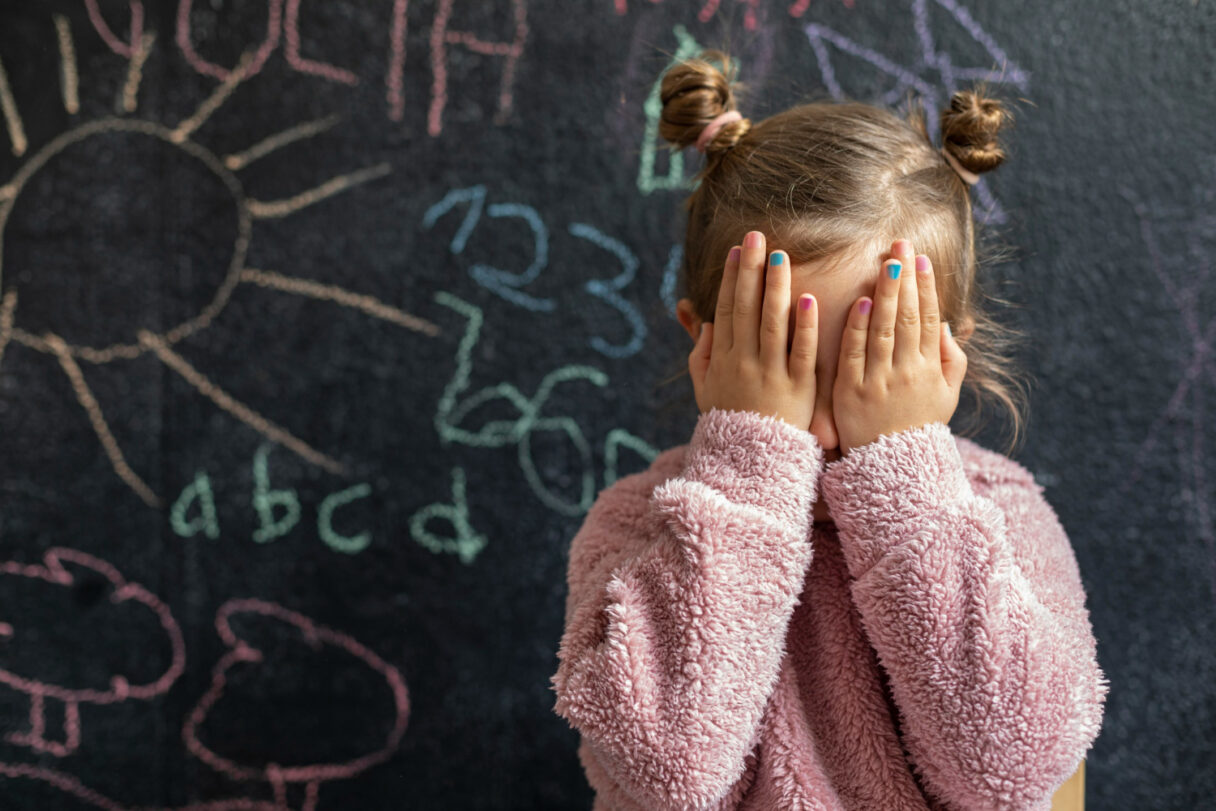
Your child may be anxious about forming friendships, figuring out what to do, or being away from relatives. Try to practice drop-off. When you leave, your youngster could become agitated.
Additionally, your child may be concerned about what you will be doing during their preschool years. Will your youngster miss out on anything unique that you are doing?
Tips to handle worries about starting preschool:
- While your child is in preschool, let them know what you will be doing. If you can preserve your child’s toys for when they’re with you, it gives them the reassurance that they’re not missing out.
- If your child becomes agitated after you leave, speak with the teacher. Teachers will have suggestions to aid you and your child because they have expertise helping kids deal with separation.
- Find out from the teacher what your child may be worried about. You can learn about the preschool day’s activities from the teacher. For instance, your child may be anxious about finding their belongings, eating the meals provided by the preschool, or using the restrooms.
Conclusion
Your confidence will influence how your child feels about new experiences, such as preschool, since they look to you for reassurance. You may help your child develop the resilience and independence they need to achieve by setting an example of composure, optimism, and faith in their own skills.
Are you prepared to see your child flourish? To learn how our Preschool Program fosters confidence from the very beginning, schedule a tour at Little Scholars.
FAQ
What to pack for the first day of preschool?
Stow a change of clothes, a water bottle with name labels, and any necessary paperwork or materials from a quick backpack checklist. Depending on your child’s age, many schools also request diapers, wipes, or nap supplies.
How to prepare a child for the first day of preschool?
Discuss preschool in a positive light, try to visit the classroom, and practice some of the routine at home. Your child can feel more prepared and enthusiastic by reading books about the start of school.
How to make the first day of preschool easier?
To make your child feel safe, say goodbye in a brief, soothing, and calm manner. They feel more comfortable and consistent when you establish a basic drop-off ritual (such as a hug, wave, or phrase).
Should my child bring a comfort item to preschool?
Absolutely, a small comfort object, such as a photo tradition shared, can ease the transition if the school permits it. Most kids become less dependent on it as they grow older.
What should my child wear on the first day?
Dress your child comfortably so they can play, move, and use the restroom with ease. In order to keep them comfortable all day, layers are also beneficial.

